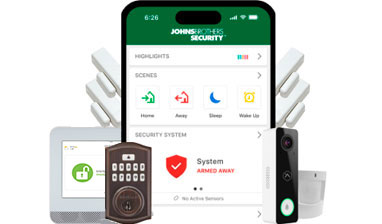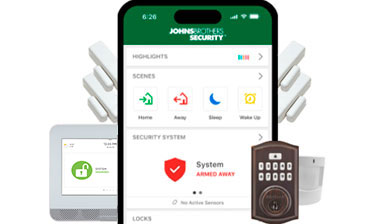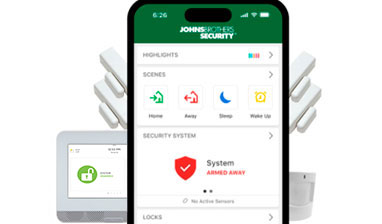
Information from the CDC shows that unintentional carbon monoxide poisoning (CO) causes 500 deaths and 15,000 visits to emergency rooms each year. A colorless and odorless gas, carbon monoxide is practically undetectable. People are often unaware that they are being exposed.
Carbon monoxide poisoning occurs when the body accumulates CO. A large amount of carbon monoxide in the air causes the body to replace oxygen in the red blood cells with carbon monoxide.
The CDC reports that infants, the elderly, and those who suffer from chronic heart disease, anemia, or breathing problems are at higher risk of having carbon monoxide poisoning. However, carbon monoxide poisoning can affect anyone.
Don’t ignore the carbon monoxide alarm sound if you hear it beeping. It is highly recommended that you leave the area quickly because exposure can quickly cause health issues. Get pets and everyone outside for fresh air. If you feel sick, call 9-1-1 or go to the hospital right away. Do not enter the house until emergency responders notify you that it’s safe.
The symptoms of CO poisoning can be mistaken for the flu but can be deadly. Some common symptoms include:
CO poisoning may also have many long-term effects, including:
The two most effective ways to stay safe from carbon monoxide poisoning include proper ventilation and early detection of CO in your home.
Here are some simple steps you can take to prevent CO poisoning:
Within a matter of seconds, the safety of your home can be compromised. A monitored wireless home security system that features carbon monoxide detectors can maximize the safety of your home by detecting gas and sounding an alarm well before dangerous CO levels are reached. Not only will you be notified, but communication will be sent to dispatch the proper authorities to help.
Johns Brothers Security’s environmental surveillance and smart home safety features help to monitor your home and provide quick warnings in case of fires, carbon monoxide, and other threats. Talk with our security experts today for help ensuring your home has the best protection and you have the peace of mind you need! Call us today at 1-800-242-9760 or schedule a FREE consultation here!

Our most complete package features protection, automation, and video delivered to your smartphone.

Our most popular smart security package features more than protection – it’s your pathway to home automation.

The essential security package features affordable protection with a wireless connection.
Get a free consultation and the latest smart home tips & tricks